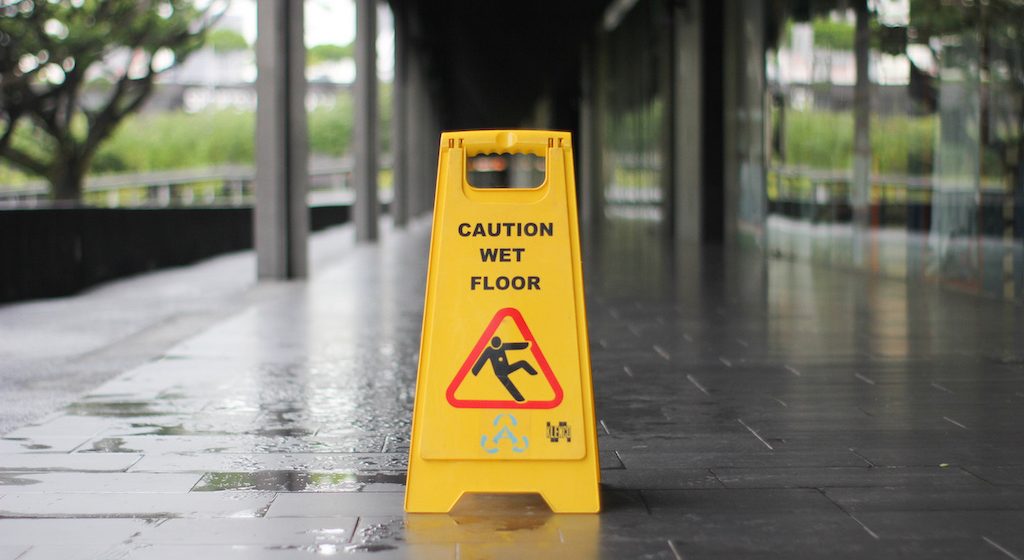If you’re injured at work, do you know what to do? Are you aware of your rights? What about workers compensation claims? Worryingly, many workers aren’t aware of their entitlements and the legalities surrounding an injury at work, which can leave them feeling especially vulnerable if they find themselves injured and unable to earn a living. So, ask yourself – What should I do if I was injured at work?
With so much advice out there it’s easy to get confused. Speaking with your employer about injuries at work should be a priority if you’re not familiar with the process. In the meantime, I’ve gathered some simple steps to follow if you find yourself injured at work.
Don’t neglect your health
When you’re injured it’s easy to focus on your precarious financial situation. Especially if you’re no longer able to work and you’re losing wages. At this stage, you need to prioritise your health and getting everything back on track. The quicker you seek medical assistance, the quicker you’ll be on the road to recovery. It’s also important that you follow any medical advice given so you won’t jeopardise any potential personal injury or workers compensation claim.
Make your colleagues aware
If you’ve been hurt, let your colleagues know as soon as possible. This is proof that the accident took place when you claim it did, and therefore it will be difficult for insurers and your employer to dispute. Make sure you inform as many people as possible, not only will it solidify your claim but also highlight hazards in the workplace that your colleagues need to know about.
Tell your manager
Informing your manager will set the wheels in motion and your accident should then be formally reported. Failing to report it to your manager means you could make things difficult for yourself legally further down the line.
Ensure the accident book is filled in
Every workplace should have an accident book where all incidents are recorded. Don’t allow yourself to be pressured into not filling out the book. You may feel pressure from managers and others who don’t want their health and safety practices scrutinised or impacted. If there are issues, email your employer asking for it to be done, this way there is proof that you have tried to do things legally.
Take photos and record everything
Where possible, photograph where the incident took place, even the smallest detail could add considerable weight to your claim. Ask a colleague for help if you’re too injured to do so. You should also document your symptoms after seeking medical treatment and your loss of earnings.
Finally
Consider reaching out to a worker’s compensation lawyer if you’ve been injured at work.



